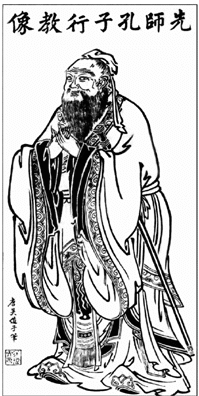The September issue of Frieze art magazine is all about ‘theory’ or what appears to pass for theory in the art world. The whole issue reads like some undergraduate magazine or

papers prepared by graduate students with too much time on their hands; political polemic blends with obscure language, which even core Frankfurt-school-istas would find hard to follow. All this is to be regretted, as underlying this enterprise is an important problem, namely what are the theoretical, as opposed to philosophical, underpinnings of art itself. Unfortunately, what might have been an informative examination of the problems of theory and art is really just another barrage of intemperate criticism. But is anyone listening or is this just so much solipsism? What’s an intellectual to do?
Physics envy is the desire to have the theoretical rigour that characterises physics. Many will reject this in the art world, but why else would they confuse theory with philosophy if they didn’t see theory as bestowing rigour, logic, structure, and deep meaning? The whole issue of Frieze waffled back and forth between the two terms, citing as theorists people who wouldn’t recognise the word, and citing theorists whose theories lack any basis for verification or falsification. The leap from philosophy to theory is a big one, taken by science years ago when it ceased to be called ‘natural philosophy’. Politics got rebranded ‘political science’, and economics has always had ‘physics envy’. What now for art?
The other distressing theme running through the issue is the Western-centric mind-set; they are still fighting the tiresome battle between Continental philosophy and Anglo (sic) analytical philosophy. In this myopic battle they miss wider philosophical progress. Readers may enjoy the challenges ranging from Richard Rorty’s Philosophy and the Mirror of Nature to VS Ramachandran & William Hirstein, The Science of Art: a neurological theory of aesthetic experience, Journal of Consciousness Studies 6(6-7, 1999):15-51.
What we have is something vaguely called “critical theory” even more vaguely a “theory of artists’ minds”; I guess the word ‘critical’ suggests serious self-reflection when it really is quite empty. The ‘theory’ it ain’t.
But perhaps cultural studies sounds more scientific, (physics envy?) and less, well, less philosophical, and its practitioners more legitimate (in the sense Habermas would use it).
![Reblog this post [with Zemanta]](http://img.zemanta.com/reblog_e.png?x-id=317bac19-0833-4a4c-9986-09a87e515ffc)